Denied a US Student Visa? Here’s What Consular Officers Are Looking For
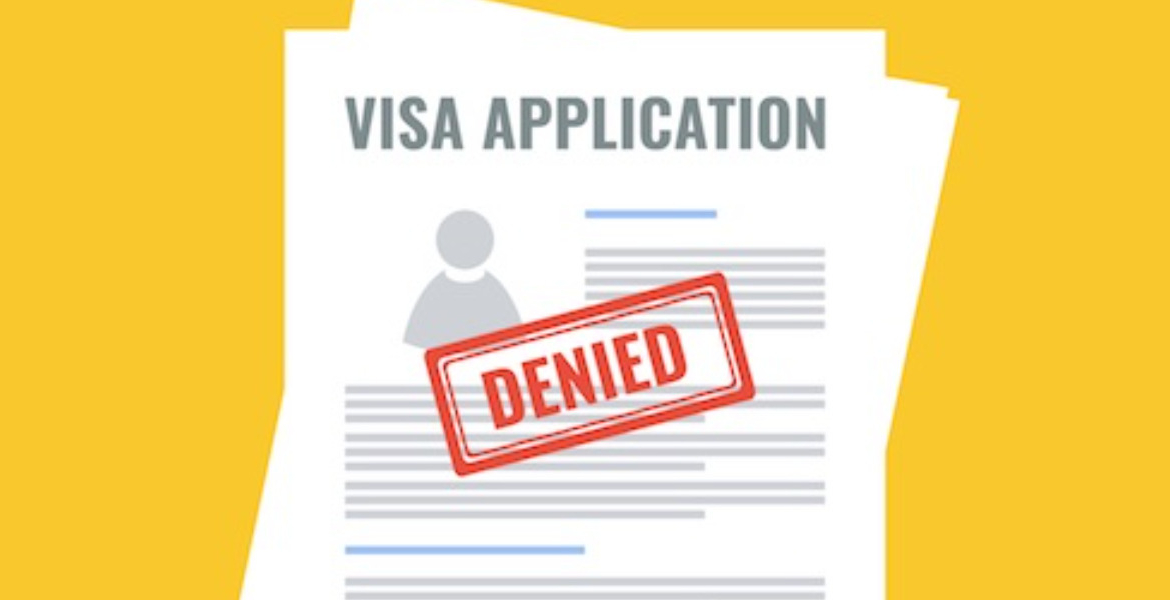
The path to higher education in the United States is becoming increasingly difficult for international students, as evidenced by a recent surge in F-1 study visa denials.
Despite the continued allure of US academic institutions, these rising denial rates are raising serious questions about the fairness and accessibility of the process. The visa interview, a pivotal moment in the application journey, often determines whether a student's academic aspirations are realised or dashed. Conducted at US Embassies and Consulates worldwide, the F-1 visa interview serves as the primary mechanism for assessing an applicant's eligibility.
Consular officials evaluate not only the authenticity of academic plans but also the applicant’s intention to return to their home country upon completion of studies. These officials have considerable discretion, and their decisions are final under US immigration law. Applicants found ineligible are typically informed of the legal grounds for refusal, most commonly under sections 221(g) and 214(b) of the Immigration and Nationality Act.
Section 221(g) addresses incomplete applications or missing documentation, a temporary setback pending the submission of the required materials. Section 214(b), however, carries greater weight, concerning the applicant’s failure to overcome the presumption of immigrant intent. Students must convincingly demonstrate strong ties to their home country, such as family relationships, property ownership, or employment prospects, which would compel their return after graduation.
Failure to do so often results in immediate rejection. Recent policy shifts, notably during the Trump administration, have contributed to a more complex visa landscape. An intensified focus on national security and immigration control has led to more rigorous scrutiny of applicants, especially those from countries perceived as high-risk. This increased vetting includes close examination of personal information, including social media activity.
The US Embassy in Kenya, for instance, recently advised student visa applicants to adjust their social media privacy settings to public. Officials claim that this facilitates identity verification and ensures compliance with admissibility standards. This requirement has sparked debate over privacy and transparency. Some students have reportedly been denied visas for failing to disclose anonymous or secondary social media accounts.
Critics argue that such measures disproportionately affect applicants from countries with limited digital literacy or differing norms around online privacy. Moreover, the lack of clear guidelines on what constitutes sufficient disclosure has left many students uncertain about how to adequately prepare for their interviews.
The rise in visa denials has broader implications for US universities, particularly those with substantial international student populations, who face potential disruptions to enrolment and funding. International students contribute significantly to campus diversity and economic vitality. They infuse billions of dollars into the US economy through tuition fees and living expenses.
To navigate this complex environment, prospective students need meticulous preparation. Beyond academic credentials and financial documentation, applicants must anticipate more comprehensive scrutiny. Demonstrating an intent to return home is now a central pillar of the interview process, not merely a formality. Legal experts advise students to present a coherent narrative supported by tangible evidence of ties to their country of origin.
"The key is to show a clear and compelling plan for your future that is rooted in your home country," says immigration lawyer Emily Carter. "Applicants should gather evidence, such as job offers, property deeds, and letters from family members, to support their claims."
While some ineligibilities can be overcome through waivers or reapplication, others are permanent, barring future entry unless specifically authorised by the Department of Homeland Security.

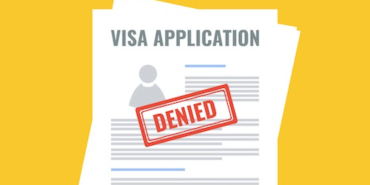
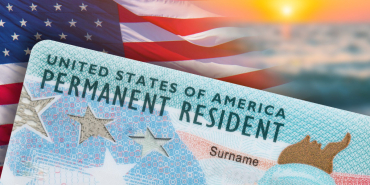
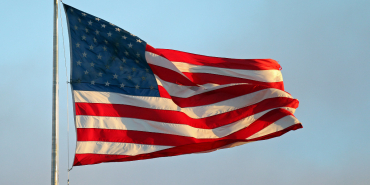
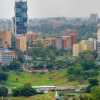
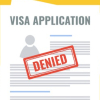


Add new comment